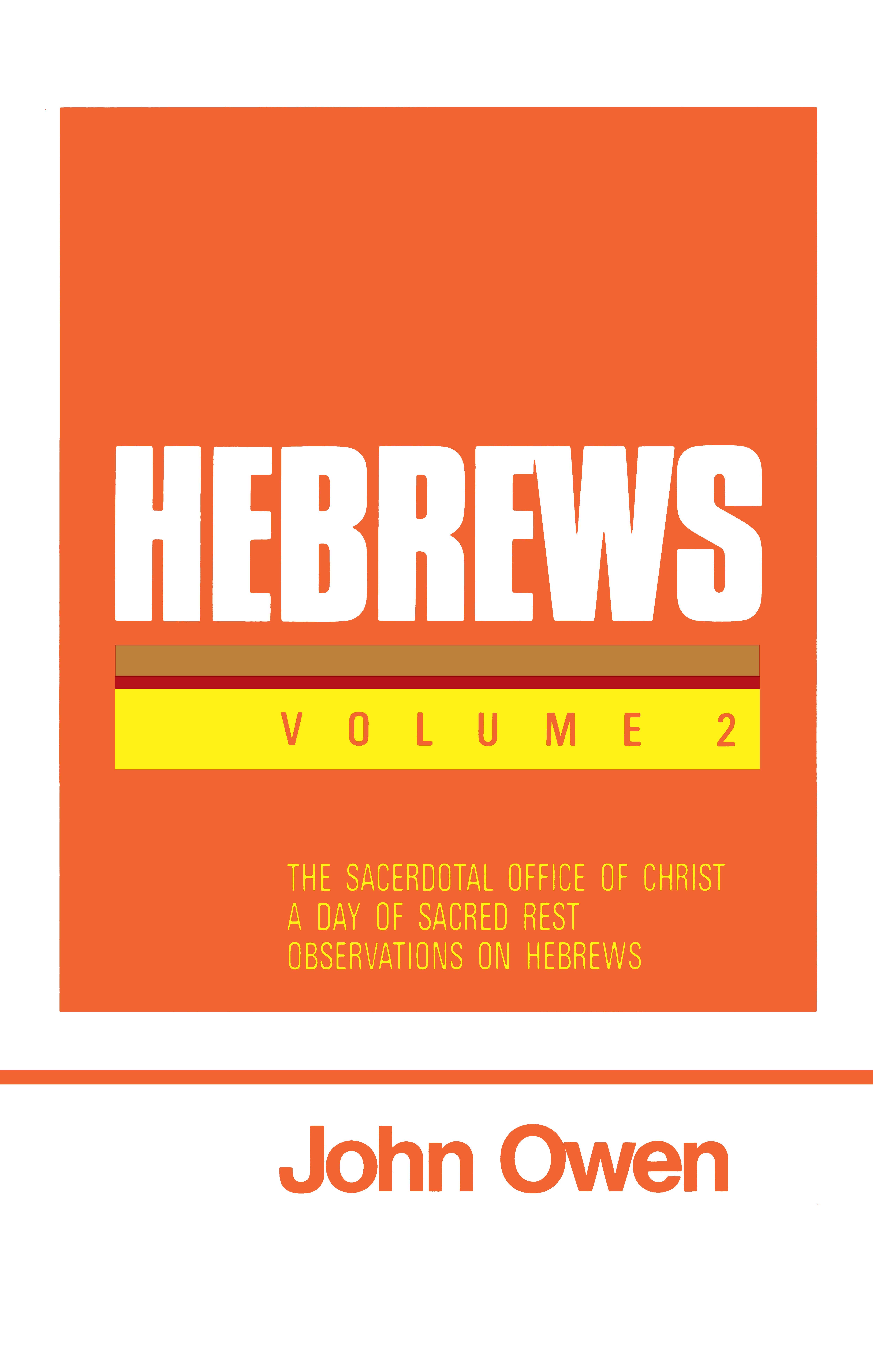The Lord’s Day Sabbath
In the book of The Revelation we read of the Lord’s day (1:10), as this is the day that belongs to Christ Jesus – only it and the Lord’s supper (1 Cor. 11:20) bear this title, so why this special significance and where does it come from?
The risen Saviour appeared on the first day of the week after his resurrection, thus in John 20:19 we note that the apostles came together on the first resurrection Sunday. The Puritan John Owen remarks that this day was owned by Christ and given his title or why was it called the new day of worship?1 John Bunyan is convinced that the phrase ‘after eight days’ (John 20:26) confirms this day is the chosen new Sabbath established by the Holy Spirit.2
In Acts 20:7, while at Troas, the apostles and the saints came together to break bread on the first day of the week (Sunday). The context here is that of apostolic worship with the breaking of bread (the Lord’s Supper) and preaching. This is not the Roman Catholic mass but the simple, yet profound, remembering of the Lord’s death till he comes (1 Cor. 11:26). This was the continuation of a new practice established by the apostles after Pentecost (Acts 2:44-47) and adapted to worship in the provinces of Asia. 1 Corinthians 16:1, 2 makes it clear that the gathering of the people of God on the first day of the week was now an organised time of worship which had apostolic approval.
This then was a laying aside of the Jewish seventh day Sabbath. It was commanded by the Saviour through Paul (1 Cor. 14:37) and grants the universal adoption of this new practice for the New Testament churches. Apostolic authority for this change of day is found also in 1 Corinthians 11:23, and the words ‘for I have received of the Lord that which was delivered to you’. The apostles had the infallible guidance of the Spirit – ‘what they ordained was no less of divine institution than if it had been appointed by Christ in his own person’.3 Bunyan believed that these things had become customary in the churches by this time.
When Bunyan wrote about the Lord’s day in 1685 he dealt with the change of day from the seventh to the first calling his work Questions about the Nature and Perpetuity of the Seventh-Day Sabbath.4 He said Sunday has the badge of the Lord’s glory upon it because divine grace is put into it, as it is the day of weekly commemoration of the resurrection (Matt. 28:1-10).5 The first day of the week became the worship day for the New Testament churches because of the resurrection. Quoting Hebrews 4:10, Bunyan says that Christ’s day of rest is the Sunday for on it he has ceased from his own works having conquered death by his rising again. Sunday being the day of rest for the Son of God, ‘it must be the day of rest for his church also’.6 In this light Bunyan said ‘he takes away the seventh day but does he leave no day for the saints to gather for worship? The seventh day is gone with its shadows but the divine stamp is there upon the first day if we would acknowledge it’.7
Bunyan sums all this up by saying that this is the first day of church worship, because (a) Christ began it on that day (b) the Holy Ghost seconded it on that day (c) the churches practised it on that day and (d) Revelation 1:10 sanctions that day to the churches to the end of the world.8
There is an obvious accumulative message in the New Testament, that the first day of the week is ‘the market day of the soul.’9 From all the above the Apostle John’s words are to be clearly understood as referring to the day of the Lord’s resurrection, the first day of the week, set aside by the apostles under the direction of the Holy Spirit as a day of special worship and consecration to take the place of the seventh day sabbath of the old dispensation.10
Notes
- John Owen (1616-1683), Hebrews, Vol. 2, ed. William H. Goold (1854-1855; repr. Edinburgh: Banner of Truth Trust, 1991), p.424.

Hebrews
Volume 2: The Sacerdotal Office of Christ. A Day of Sacred Rest. Summary of Observations on Hebrews.
price £15.00Description
In the book of The Revelation we read of the Lord’s day (1:10), as this is the day that belongs to Christ Jesus – only it and the Lord’s supper (1 Cor. 11:20) bear this title, so why this special significance and where does it come from? The risen Saviour appeared on the first day […]
- John Bunyan (1628-1688), The Works of John Bunyan, Vol. 2, ed. George Offor (1854; reprint, Edinburgh: Banner of Truth Trust, 1991), p.374.

The Works Of John Bunyan
3 Volume Set
price £65.00Description
In the book of The Revelation we read of the Lord’s day (1:10), as this is the day that belongs to Christ Jesus – only it and the Lord’s supper (1 Cor. 11:20) bear this title, so why this special significance and where does it come from? The risen Saviour appeared on the first day […]
- Owen, op. cit., p.425.
- Bunyan, op. cit., pp.359-385.
- Ibid., p.373.
- Ibid., p.371.
- Ibid., p.382.
- Ibid., p.378.
- A common Puritan metaphor for the Sabbath, for example, Henry Burton, The Law and the Gospel Reconciled (London, 1631), p. 64: ‘… it is the market day of our souls, wherein we come to God’s house the market place, to buy the wine and milk of the word, without money, or money worth. How is that? By hearing and harkening to God’s word, that truth whereby we are sanctified, John 17:17, and to pray unto him; thus by the word and prayer we are sanctified.’
- Herman Hoeksema, Behold He Cometh!: An Exposition of the Book of Revelation (Grand Rapids: Reformed Free Publishing Association, 1969), p.34.
Rev Ian McNaughton is Scottish Secretary of Day One Christian Ministries.
Latest Articles
Neglecting the Soul 26 January 2026
The following article appeared in Issue 491–2 of The Banner of Truth Magazine (August–September 2004). How many times does the Bible tell us to watch our own hearts! Yet how often do Christians slip and fall for want of diligence in this very basic duty! Not for nothing does the Bible say: ‘He that ruleth […]
Developing the Hide of a Rhinoceros 21 January 2026
This article first appeared at The Australian Presbyterian and is featured in Issue 749 of the Banner of Truth Magazine (February 2026). Somewhere, Stuart Briscoe has commented that three attributes of a pastor are needed: ‘The mind of a scholar, the heart of a child, and the hide of a rhinoceros.’ The last attribute seems […]
